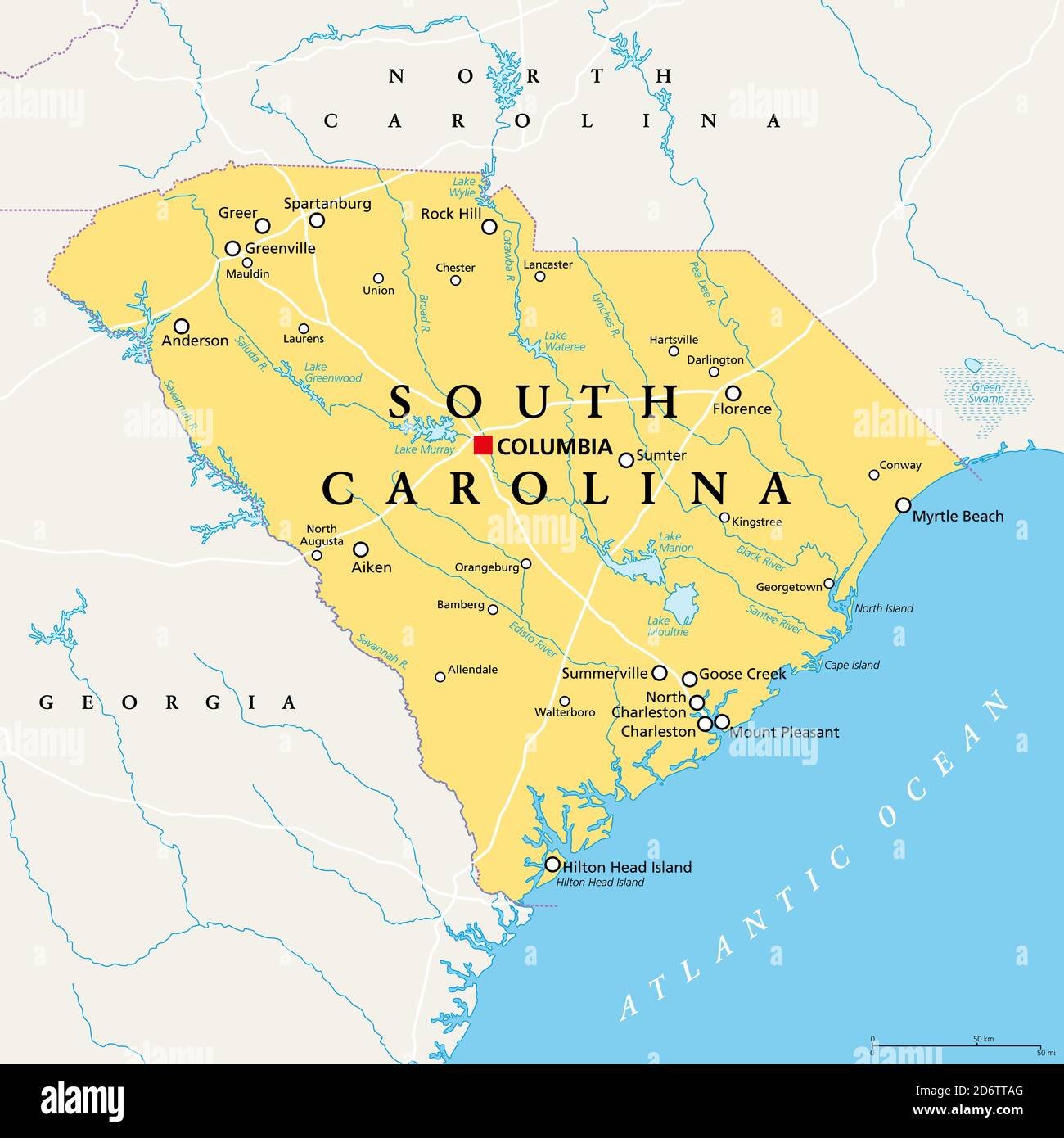Introduction
In a significant push towards sustainable energy, the U.S. Department of Agriculture (USDA) has allocated over $600,000 to support clean energy projects across South Carolina. These investments are part of the USDA's broader effort to combat climate change and promote economic growth in rural areas. This blog post explores the details of these grants and their potential impact on local farms and businesses.
Details of the USDA Grants
Funding Overview
Acting State Director for South Carolina USDA Rural Development, George Hicks Jr., announced that $615,644 in grant funding from the Rural Energy for America Program (REAP) will be distributed among four projects in the state.
Key Projects Funded
Oswald Wholesale Lumber, Inc. (Lexington County)
Funding Amount: $395,232
Project Description: Installation of a direct current roof-mount photovoltaic solar array to enhance energy efficiency and reduce reliance on non-renewable energy sources.
Windham Family Farms (Darlington County)
Funding Amount: $56,033
Project Description: Installation of a new grain dryer to improve energy efficiency in agricultural operations.
Rani Partners LLC (Aiken County)
Funding Amount: $124,413
Project Description: Installation of a direct current roof-mount photovoltaic solar array to support sustainable energy use.
Bobby Marshall Norris Jr. (Chesterfield County)
Funding Amount: $39,966
Project Description: Installation of a new grain dryer to enhance energy efficiency in farming processes.
Impact on South Carolina
Environmental Benefits
Reduction in Carbon Emissions
These projects will significantly reduce carbon emissions by promoting the use of renewable energy sources and improving energy efficiency.
Sustainable Agricultural Practices
The funded projects will help local farms adopt more sustainable practices, reducing their environmental footprint.
Economic Benefits
Cost Savings
By adopting renewable energy solutions, farms and businesses can lower their energy costs, leading to long-term financial savings.
Job Creation
The implementation of these projects will create jobs in the renewable energy and construction sectors, boosting the local economy.
Community Impact
Enhanced Energy Security
The installation of photovoltaic solar arrays will increase energy security for local businesses and farms, making them less vulnerable to energy price fluctuations and supply disruptions.
Support for Rural Development
These grants align with the USDA's mission to support rural development by providing the necessary resources to adopt clean energy technologies.
Conclusion
The USDA’s investment in clean energy projects across South Carolina represents a significant step towards a more sustainable and economically vibrant future. By supporting renewable energy initiatives and improving energy efficiency, these grants will benefit local farms, businesses, and the broader community. For more details, visit theWIS News article.


